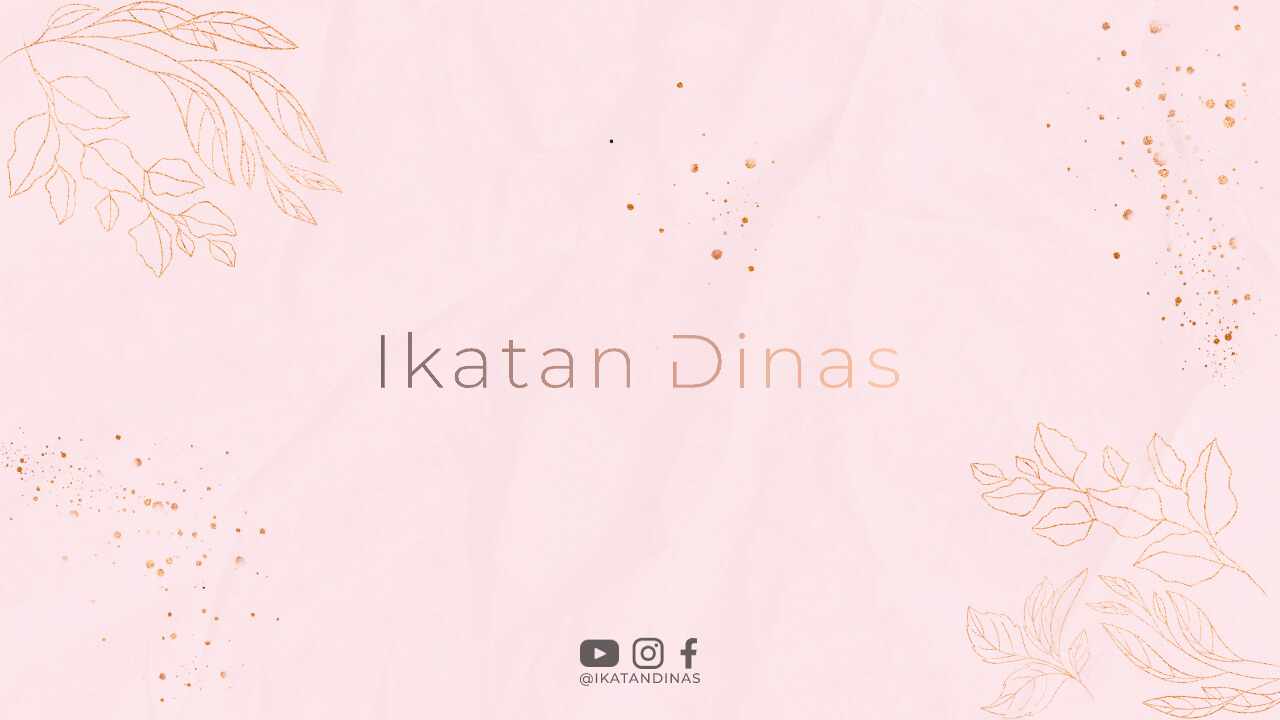Bahasa Madura is one of the regional languages in Indonesia that is widely spoken in the Madura Island. This language has its own unique characteristics and expressions, including the way to say thank you or terima kasih in Madurese. In this article, we will explore the meaning and importance of terima kasih in Bahasa Madura, as well as some of its variations and usage in daily conversation.
What is Terima Kasih in Bahasa Madura?
Terima kasih in Bahasa Madura is expressed as “Sampun” or “Matur nuwun”. Both expressions have the same meaning as thank you in Bahasa Indonesia, which is a way to express gratitude or appreciation towards someone who has done something good or helpful to us. However, the Madurese language has its own unique way of delivering the expression, which reflects its cultural and linguistic diversity.
The Importance of Terima Kasih in Madurese Culture
Terima kasih is not only a common expression in Bahasa Madura, but it also has a significant role in Madurese culture. Saying thank you is a way to show respect and gratitude towards others, especially those who are older or have a higher social status. It also reflects the value of social harmony and mutual respect, which are highly valued in Madurese culture.
Moreover, saying terima kasih is also a way to establish a good relationship with others. In Madurese tradition, it is believed that showing gratitude and appreciation can bring blessings and good fortune in life. Therefore, saying thank you is not only a social norm but also a spiritual practice that can bring positive energy and blessings to oneself and others.
Variations of Terima Kasih in Bahasa Madura
As with many other regional languages in Indonesia, Bahasa Madura also has its own variations of terima kasih, depending on the context and situation. Here are some of the common variations of thank you in Bahasa Madura:
- “Sampun ngucapkeun”: an expression of thank you in formal or official situations, such as in a meeting or ceremony.
- “Matur suwun”: a more casual and informal expression of thank you, which can be used in daily conversations with friends or family members.
- “Matur sembah nuwun”: a more respectful and deferential expression of thank you, which is used to show deep gratitude and respect towards someone who has done a great favor or service.
Each variation has its own nuances and connotations, which reflect the cultural and social norms of Madurese society. By using the appropriate variation of terima kasih, one can show the right level of respect and appreciation towards others, and avoid any misunderstandings or miscommunications.
Usage of Terima Kasih in Daily Conversation
Terima kasih is a common expression in daily conversation in Bahasa Madura, just like in many other languages. Here are some examples of how to use terima kasih in Bahasa Madura:
- “Sampun ngucapkeun, Pak”: Thank you, Sir (in a formal or official setting).
- “Matur suwun, Mas”: Thanks, Bro (in a casual or informal setting).
- “Matur sembah nuwun, Mbak”: Thank you very much, Sister (to show deep gratitude and respect).
By using the appropriate variation of terima kasih, one can show the right level of respect and appreciation towards others, and avoid any misunderstandings or miscommunications.
Conclusion
Terima kasih is an essential expression in Bahasa Madura that reflects the cultural and linguistic diversity of Indonesia. By saying thank you in the right way, one can show respect, gratitude, and establish a good relationship with others. Whether in formal or casual situations, saying terima kasih can bring positive energy and blessings to oneself and others, and contribute to the social harmony and mutual respect in Madurese society.







